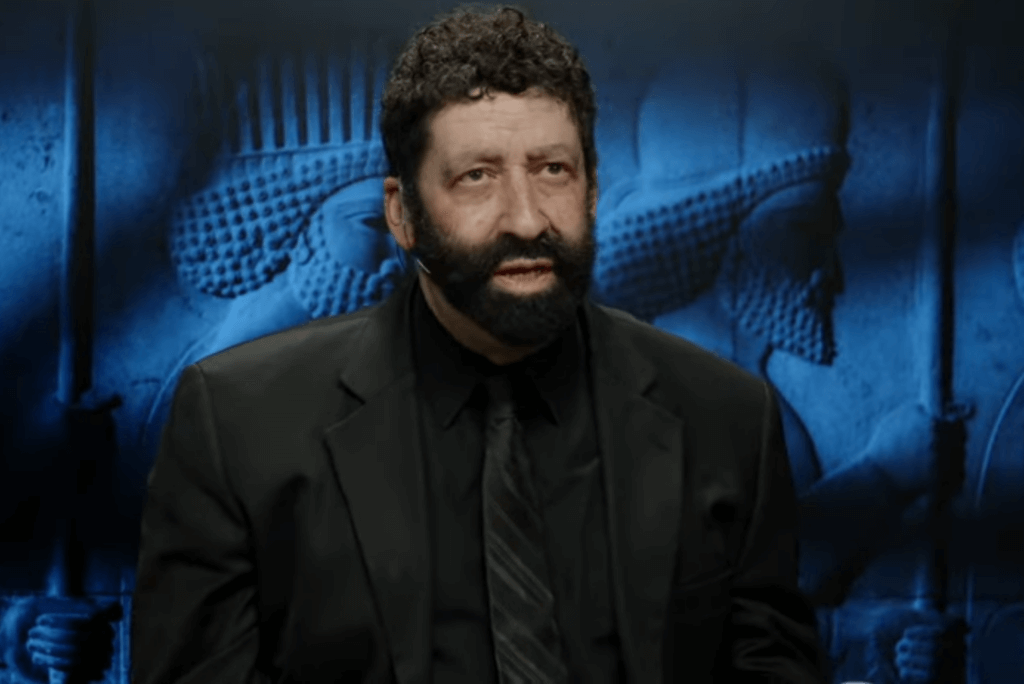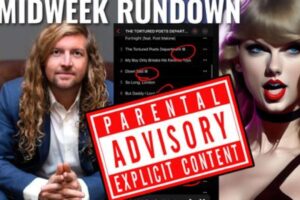At 9 magnitude on the Richter scale, it was one of the largest earthquakes in the recorded history. If that wasn’t shocking enough, a tsunami added to the trauma, then a nuclear crisis offered the possibility of a nightmare of historic proportions. Additional earthquakes and tsunami warnings would follow, even as radiation leaked into the food supply.
Watching the footage of the Tohoku earthquake and tsunami of March 11, 2011, many Christians around the world have been asking the same question: What can we do?
Charisma News caught up with Dr. Tim Clinton, a world leader in the field of Christian counseling, and Dr. Hitomi Makino, a Christian counselor from Japan, to gain insight into how the to help while being sensitive to Japanese culture.
Charisma News: How might the Japanese culture impact the people’s ability to receive help?
Clinton and Makino: Since the first tsunami wave hit, leading to a crisis of epic proportions, the world has peered into this highly industrialized culture and we’re witnessing firsthand a very unique cultural response to a horrific disaster. Many of the Japanese have been traumatized, leaving them vulnerable and in need. Hundreds of thousands are living in shelters, grasping for hope.
Understanding how the Japanese people are handling their trauma really requires gaining further insight into the psychological response to trauma as well as the influence of Japanese culture. Trauma shatters our sense of personal safety. Early initial responses to a traumatic event like the tsunami include shock, disbelief, denial, and even feeling disoriented.
On March 18, the United Nations reported on the Japanese government’s slow response to relief needs. What’s interesting is that government officials insisted they would not accept any supplies from other countries until the needs were determined. The government also rejected initial offers from the United States for assistance in controlling the nuclear leaks. Government officials said, “The Tokyo Electric Power Company had concluded that ‘we can handle the situation.'” There are numerous factors that have led to this “we can do it ourselves” mentality, delaying significant assistance and extending the people’s suffering.
As a people, the Japanese have a strong sense of personal and cultural pride. The concepts of hone and tatemae play into an understanding of the Japanese resistance to help or care from others. Hone means honesty in feelings and thoughts. In contrast, tatemae is what is actually verbalized and seen by others.
When a crisis happens, the Japanese are more given to tatemae—doing everything in their power to maintain a good impression of personal and cultural strength. Japanese people are apt to hide their true needs behind tatemae masks. As a result, they tend to deny or stuff their feelings because it can be shameful to appear weak or needy to show hone during this time. But there is great peril in ignoring the impact of trauma, which can lead to emotional overload and Post Traumatic Stress Disorder.
It remains to be seen how hone, tatemae, and shame have influenced individual responses to the crisis among the Japanese people. However, it’s easy to imagine that tatemae may hinder victims from receiving medical, psychological, and spiritual help. Appropriate intervention must be culturally sensitive by bringing honor to the dead and applauding the people’s personal and cultural strengths, while at the same time, judiciously giving opportunity for necessary grieving, trauma education, and emotional and spiritual healing.
Charisma News: Is working through Japan’s Christian churches a strong strategy, given the culture?
Clinton and Makino: Another aspect of Japanese culture is Uchi-Soto. Uchi means inside; Soto means outside. The Japanese people hold to an attitude of “us against them,” which creates a wall that separates those who are within the group (the Japanese) from those who are outside (relief organizations).
From a Western perspective, Christian organizations working in the community makes sense. However, in Japan, churches (kyoukai) are easily associated with religious cults. Statistics estimate that only one or two out of every thousand people are Christians.
When Japanese people hear or see the term kyoukai, they immediately become suspicious about the motivation for assistance or aid. The Japanese are very cautious of being brain washed by strange religions. As such, going to the disaster area expressly under the direction of a kyoukai may be met with cultural and personal resistance.
As relief agencies seek to offer assistance to the Japanese, it is important that they tread carefully, listening to the needs and insights of local Christians. Only the true heart and compassion of Jesus has the power to overcome the Japanese people’s stereotypes of the church. Jesus always responded to others by meeting them at their point of need, often offering food, shelter, kindness, warmth, and love. Through the ministry of presence, the provision of basic needs, and working under the power of the Holy Spirit, Christians must first seek to listen and understand the Japanese people’s pain and loss.
This is the gateway to hone. To connect and serve. To empathize authentically. The tatemae aspect of Japanese culture rejects Christianity, but connecting, listening, and authentically caring could bring the opportunity for appropriate service, trauma care, and soul healing.
Working together and forming consensus is a critical way to succeed in offering assistance. So, if the Japanese see relief workers as a part of their team, sharing the burden together, they will be more likely to accept these people as insiders, and genuinely listen to them. Once relief workers are Uchi, the Japanese will welcome them, and, eventually, perhaps, the Gospel of Jesus as well.
Charisma News: What is the church’s role in helping the people of Japan recover psychologically?
Clinton and Makino: The Body of Christ around the world must rally around the Japanese people to provide relief, support, and resources of every sort, including prayer and encouragement. We are called to carry out the ministry of Jesus in the wake of the tsunami’s destruction.
Empowering indigenous Christian workers is paramount. Though a minority, many local Japanese believers are Uchi in the devastated Japanese communities. We can help the Truth shine through them, even though they are small in numbers. And we must train them in responding to the emotional, psychological, and spiritual devastation they are faced with. By so doing, we could create an opportunity for Japanese Christians to offer the true hope of the Gospel in practical, tangible ways.
Solomon once wrote that “[God] has set eternity in our hearts.” Nothing forces us to face our own mortality and our need for a transcendent One more fully than tragedy. Clearly, the anecdote to trauma involves safe relationships. First, our relationship with God: Helping others believe in his presence and power in the midst of tragedy, to believe that he is near and that he cares deeply offers strength to face the future. Second: Our relationships with significant others, those who are “there” for us in life’s dark moments. God has no greater plan than to use people to communicate this message of hope. A safe haven gives us freedom and confidence to face our pain and find emotional and spiritual healing.
Over the next 12 to 18 months, many Christian organizations will be offering resources and relief to the Japanese people. We applaud their work and support them as they embody Christ during this time. Our prayer is that as they extend the hands of Christ, they will be culturally sensitive and seek to connect with the Japanese hone, so that ultimately, healing will take place, Christ will be exalted, and the Japanese people will come to know the truth of the gospel.
Tim Clinton, Ed.D. is president of the nearly 50,000-member American Association of Christian Counselors (AACC), the largest and most diverse Christian counseling association in the world. He is Professor of Counseling and Pastoral Care, and Executive Director of the Center for Counseling and Family Studies at Liberty University. He has authored, co-authored, or edited seventeen books including his latest release God Attachment: Why You Believe, Act, and Feel the Way You Do About God.
Hitomi Makino, Ph.D. is from Japan. After receiving Christ as her personal savior through American missionaries in Japan at age 20, she came to the United States, obtained the M. Ed. in counseling at the University of Mississippi and the Ph.D. in counseling at Liberty University. She is an adjunct professor at Liberty University. She also currently serves as a Professional Development and Research Assistant for the American Association of Christian Counselors. She has a deep burden to see the people of her country come to know Christ and experience authentic healing.
See an error in this article?
To contact us or to submit an article






















